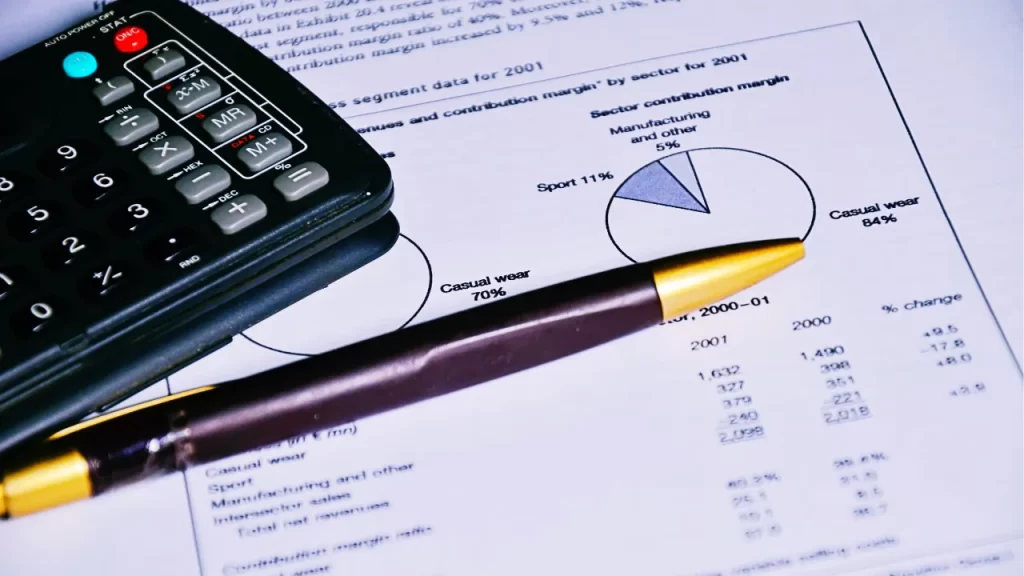Asset management audits are essential for ensuring compliance with regulatory standards and internal governance.
Whether conducted by government agencies or internal teams, these audits verify the accuracy, transparency, and efficiency of asset records.
Proper preparation can streamline the audit process, mitigate risks, and enhance organizational credibility. This article outlines the key steps and best practices for preparing assets for regulatory reviews.
Understanding Asset Management Audits
An asset management audit evaluates an organization’s asset records, tracking, valuation, and compliance with relevant regulations. These audits can be conducted by:
- Government Regulatory Bodies: Ensuring compliance with national and international asset management laws.
- Internal Auditors: Verifying asset integrity, financial reporting accuracy, and operational efficiency.
- External Auditors: Providing independent verification for stakeholders, investors, or governmental agencies.
Key Steps for Preparing Asset Management Audits
1. Review and Organize Asset Records
- Maintain an up-to-date asset register that includes acquisition date, value, depreciation, and maintenance history.
- Verify asset classification and ensure proper documentation of ownership and location.
- Ensure compliance with accounting standards such as IFRS, GAAP, or IPSAS.
2. Conduct Pre-Audit Internal Assessments
- Perform an internal audit to identify discrepancies and resolve issues before external auditors review the records.
- Validate asset valuations to ensure accuracy in financial statements.
- Confirm compliance with asset depreciation schedules and impairment assessments.
3. Ensure Compliance with Regulatory Standards
- Familiarize yourself with relevant compliance frameworks such as ISO 55000, SOX, and GDPR.
- Implement policies and procedures aligned with industry-specific asset management regulations.
- Maintain records of previous audits to track improvements and compliance history.
4. Implement Robust Asset Tracking Mechanisms
- Utilize asset management software to track assets in real-time and generate accurate reports.
- Integrate IoT and RFID technology to improve asset visibility and monitoring.
- Automate data collection to minimize human error and ensure audit readiness.
5. Prepare Supporting Documentation
- Compile invoices, receipts, and purchase agreements for asset acquisitions.
- Maintain maintenance and disposal records to ensure proper lifecycle tracking.
- Document risk assessments and mitigation strategies for asset-related compliance.
6. Train Employees on Audit Preparedness
- Educate staff on asset documentation and compliance requirements.
- Assign asset management responsibilities to relevant teams to ensure accountability.
- Establish clear audit response protocols to streamline interactions with auditors.
7. Establish Transparent Reporting Practices
- Generate accurate financial reports and reconcile asset records with financial statements.
- Utilize data analytics for real-time reporting and audit trail documentation.
- Ensure records are stored securely and are easily accessible during audits.
The Role of Technology in Audit Preparedness
Leveraging technology can significantly enhance audit readiness:
- AI and Machine Learning: Automate compliance monitoring and detect discrepancies before audits.
- Blockchain Technology: Provide immutable asset records for transparency and security.
- Cloud-Based Asset Management Solutions: Enable centralized asset tracking and real-time reporting.
Conclusion
Effective preparation for asset management audits is crucial to ensuring regulatory compliance, financial accuracy, and operational efficiency.
Organizations must adopt best practices, leverage technology, and train personnel to streamline the audit process.
By implementing proactive audit readiness strategies, businesses can mitigate risks, enhance transparency, and build trust with stakeholders.





